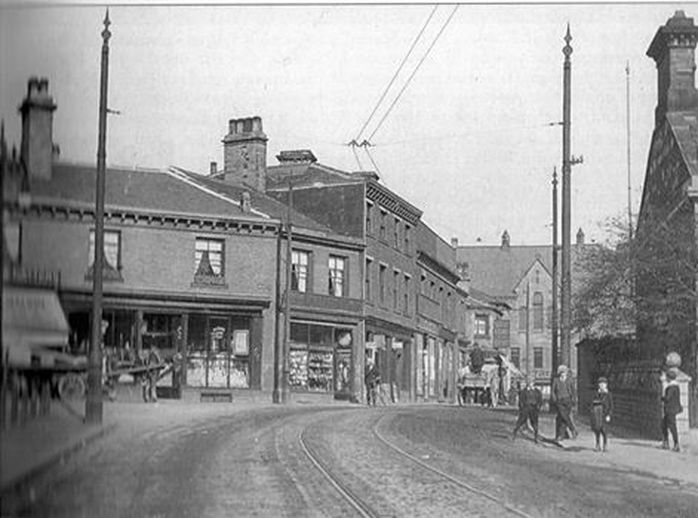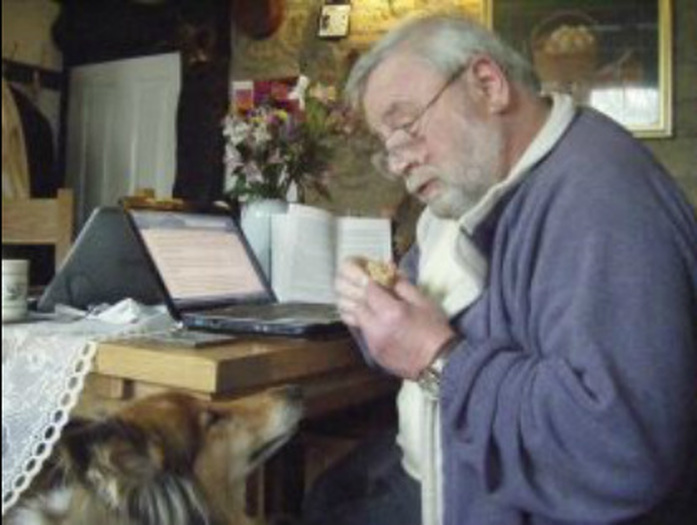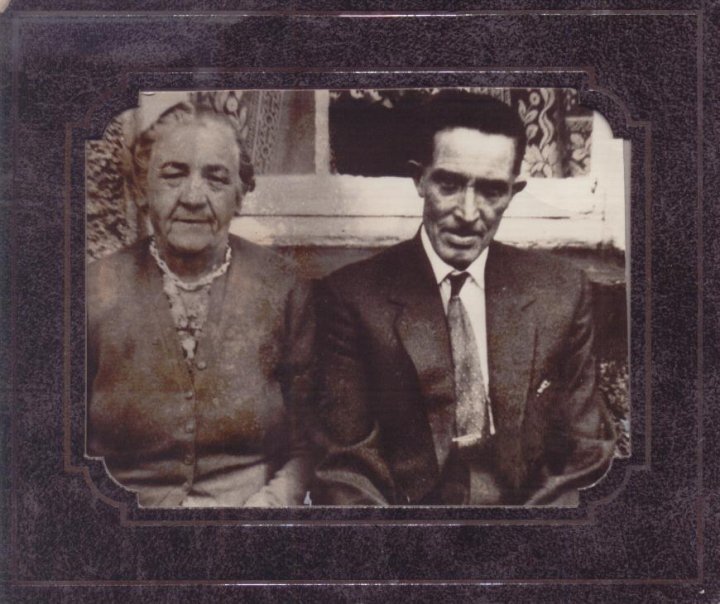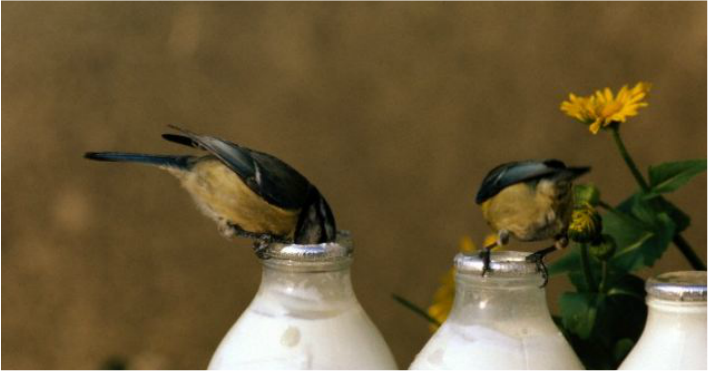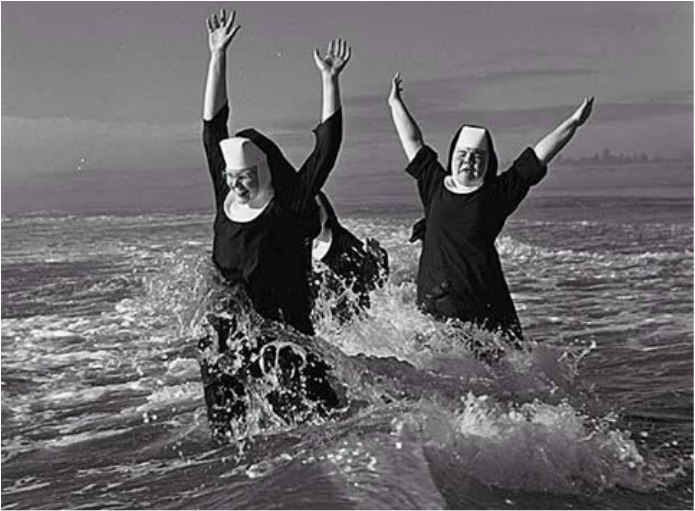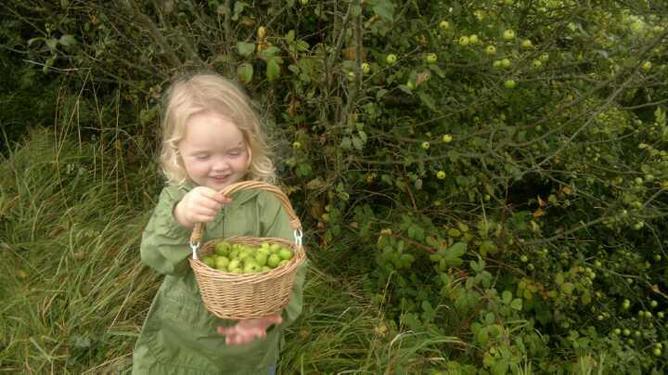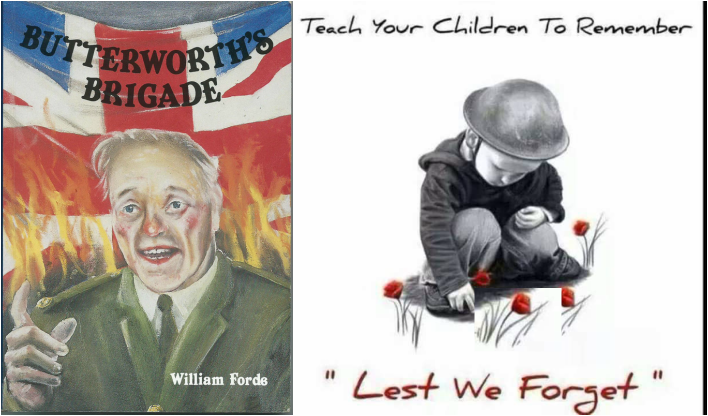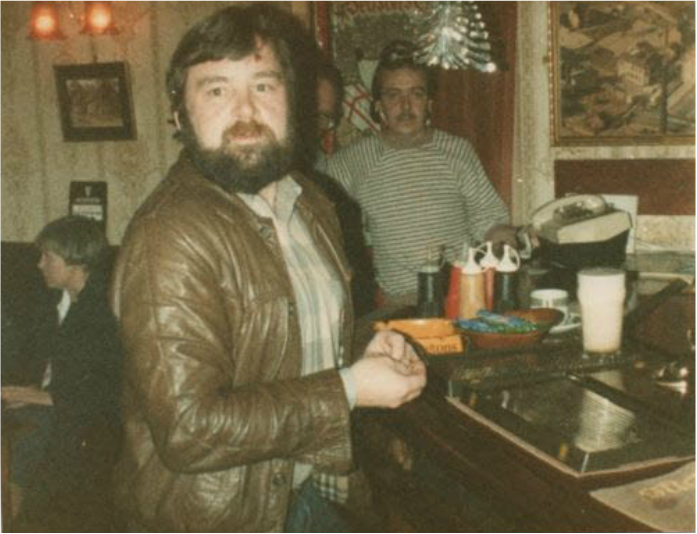"I know that the term, 'Put a feather in your cap' is an English idiomatic phrase believed to have been derived from times when warriors added another feather to their headdress for every enemy slain, but I always think about getting 'one-up' on life whenever I hear this phrase.
If ever any Literary teacher gives you an English assignment entitled 'What would you like to be?', no need to think long and hard. Simply write, 'Happy' and return the assignment finished. If they then tell you that you didn't understand the assignment, 'put a feather in your cap' and tell them, 'Yes I did. It's you I'm afraid who doesn't understand life!'
I discovered long ago that the thing about happiness is that, by and large, it is you who controls your own prevailing moods. Folk are usually as happy as they make up their minds to be. So, don't put your key to happiness in someone else's pocket or place the responsibility upon the shoulder of another person or on the outcome of some particular action or event. Every act 'we' engage in, every emotion 'we' feel is governed by every thought 'we' think. Happiness is found through the direction of our own thoughts, whatever the place or circumstances we find ourselves in. The more we praise and celebrate all that is good in our lives, the more we will find in our lives to celebrate. If I was Inspector Maigret investigating someone who'd broken into smile, I'd have to conclude that it looked like an inside job!
Had I a magic wand I could wave, I would make it the duty of all parents and children, brothers and sisters, husband and wives, friends and neighbours never to go to bed angry with each other; far better to stay up and row than to resign oneself to lasting disagreement. Now, if I could achieve that, that would deserve a feather in my cap.
So please, don't let your happiness escape you. Bring it out from within and share it with all others. What a waste of life it would be and how ironic, were you happy and not know it by never allowing yourself to feel it. We are shaped and fashioned by what we love. So, if you like to be loved, then, far better to love and be lovable. It is within ourselves that live our best friend and worse enemy, simply waiting to be called out.
Today is a good day to be alive, and there is nothing better I can do today, but to smile and be happy." William Forde: November 30th, 2016.



